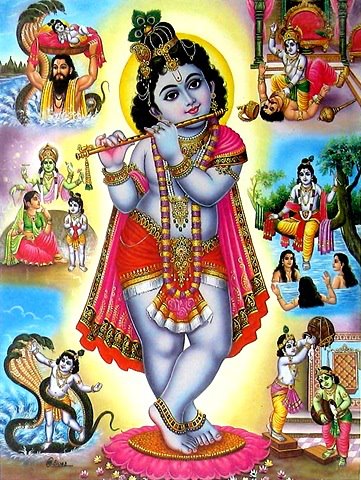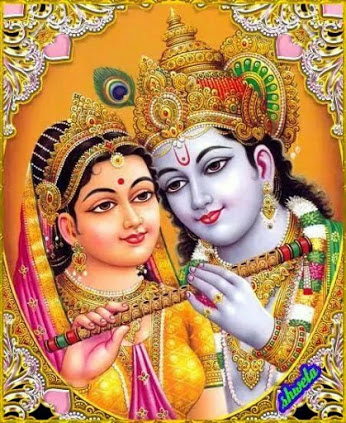The Spiritual Import of the Mahabharata and the Bhagavad gita : Ch-10. Part-18.

Chapter 10: The Imperishable Among All that is Perishable : Part-18. A person who has been a fool throughout his life, dies a fool and is reborn a fool. He will not be reborn as an angel. So the last thought has to be a conscious awareness, an awakening into a point which is bestowed upon you automatically by the laws of things. If you have been a true and honest devotee of the highest values of things, if you have been a true devotee of the Bhagavadgita, a follower the yoga of the Bhagavadgita and a practitioner of it, what happens? You maintain an awareness; you do not go deluded—undeluded you pass. There are many cases where people passed away having good thoughts, uttering a divine name and giving a blessed message. There have been cases like these. Swami Krishnananda To be continued ....









